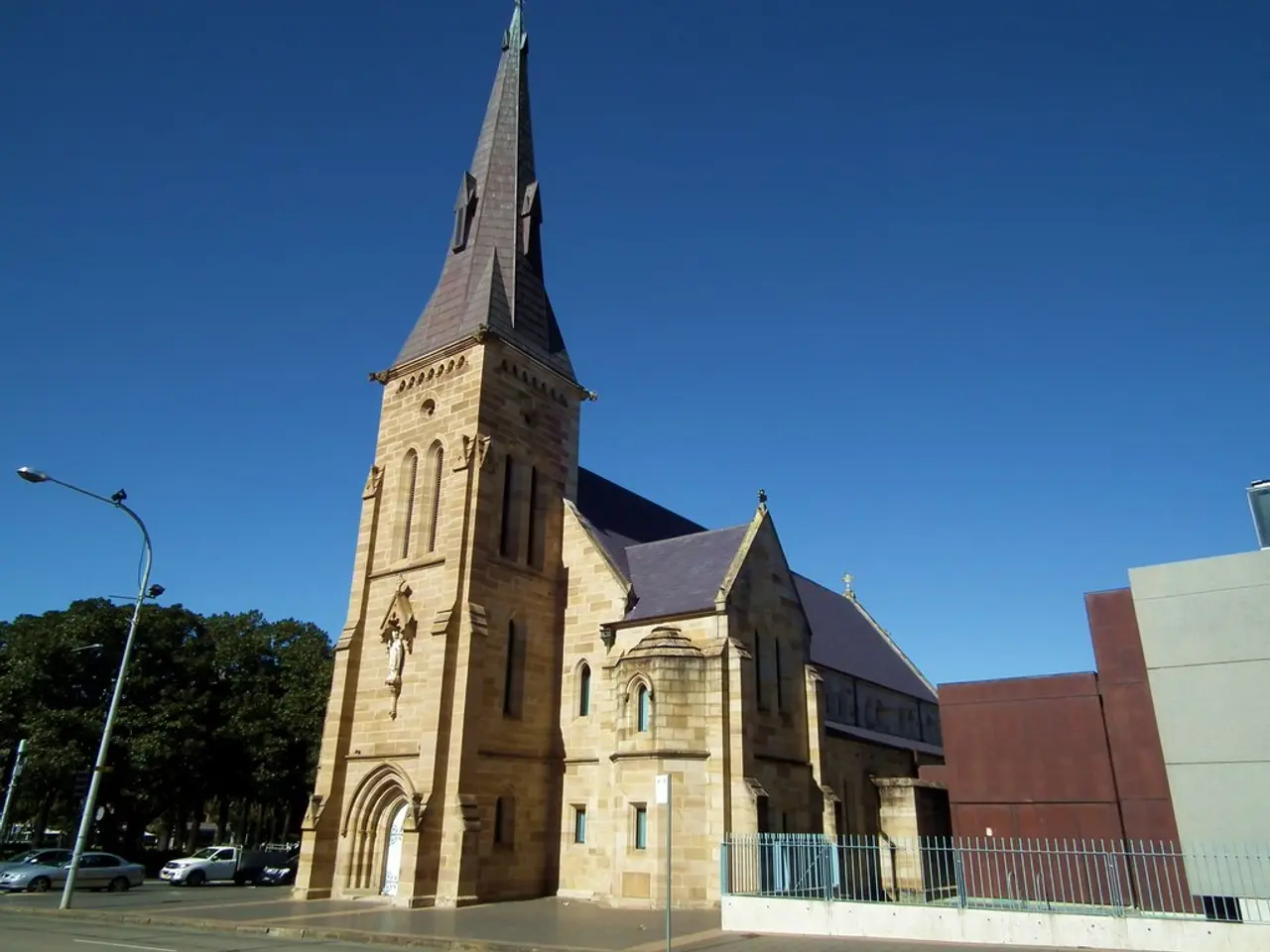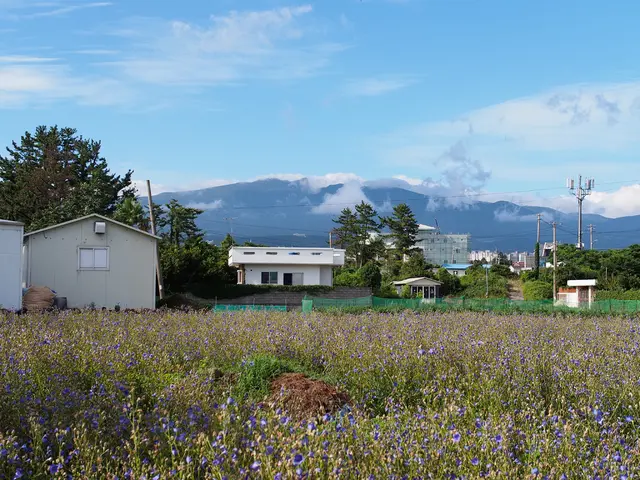Urgent movement pushes for swift clean energy implementation to prevent subsidy expiration
Schneider Electric Launches Accelerating Resilient Infrastructure Initiative
Schneider Electric, a leading energy-as-a-service company, has announced the launch of the Accelerating Resilient Infrastructure Initiative. The initiative aims to expedite the deployment of resilient, community-based energy systems across the United States.
The initiative brings together over 20 developers, infrastructure providers, electrical distributors, and insurers, including partners like AlphaStruxure, Sunrock Distributed, global insurer Zurich, and Microsoft. Partners in the initiative have a combined $7.5 billion in deployable capital for energy resilience projects.
Schneider Electric will act as a coordinator and make its technologies available for deployment, such as microgrids and electric vehicle charging solutions. The company has previously installed microgrids at locations such as bus depots in Montgomery County, Maryland, and municipal buildings in Piscataway, New Jersey. An example of a project undertaken by Schneider Electric is the 2.9-megawatt solar and microgrid system across eight municipal buildings in Piscataway, New Jersey, which is expected to deliver $19 million in savings over 20 years.
The ideal customers for the initiative are communities that desire energy control and resilience. Jana Gerber, North American president of microgrids at Schneider Electric, stated that the initiative aims to create a sense of urgency for customers to have the opportunity for resilient infrastructure due to both tax credits and general conditions in the areas where they live.
The announcement comes as communities and developers are rushing to start construction on clean energy projects before key tax credits expire. Under the GOP's 'One Big Beautiful Bill', qualifying solar and wind projects must start construction before the beginning of July 2026 to take advantage of clean electricity production and investment credits.
Projects pursued through the initiative are small in scale and specific to the needs of the impacted community. Alternatively, energy companies can design, build, own, operate, finance, and maintain the energy system, and be paid a recurring fee. Performance contracting allows energy-as-a-service companies to install clean energy upgrades and be paid over time using the savings those upgrades guarantee.
Organizations involved in coordinating and implementing initiatives to rapidly expand resilient, local energy systems typically include energy cooperatives like EGIS eG and OEKOGENO eG that focus on decentralized renewable energy projects; research institutions such as the German Aerospace Center (DLR) that develop innovative energy transformation solutions; and development agencies like GIZ that support energy access and sustainable infrastructure development globally.
A 4.2 MW solar project across 10 school buildings in Texas is projected to save the Longview Independent School District $450,000 annually in utility costs. This solar project in Texas is an example of a potential project that could be undertaken through the initiative.
The initiative emphasizes the urgency for timely planning to take advantage of existing funding mechanisms before key deadlines shift. The Piscataway, New Jersey project is expected to deliver $19 million in savings over 20 years, demonstrating the potential benefits of such initiatives for public entities pursuing energy resilience projects.
Read also:
- Senate Tillis under spotlight in North Carolina as IRA tax incentives remain uncertain
- Latest Edition of Bus-News Magazine Arrives for 2023!
- EV and Charging Technologies will see broader horizons at SINBON's Battery Show in 2025, as the event aims to push boundaries.
- Expansion of Infrastructure for Ships using Alternative Fuel Sources in Hamburg








